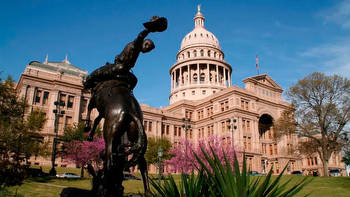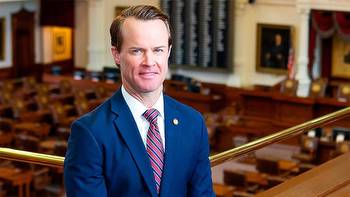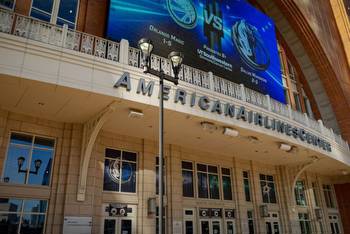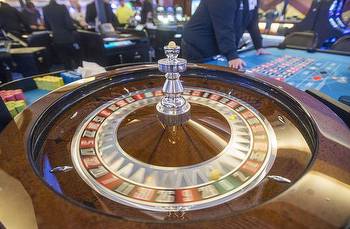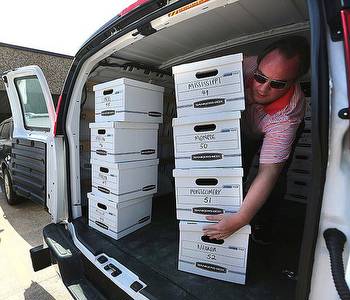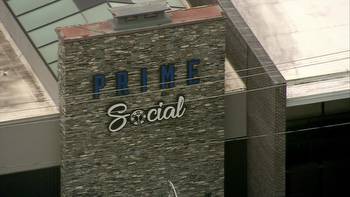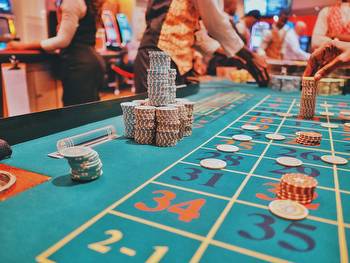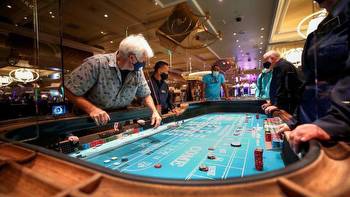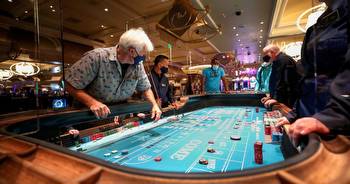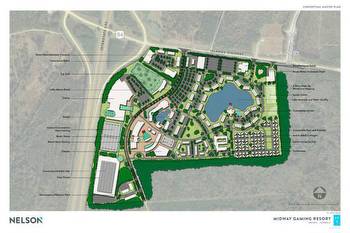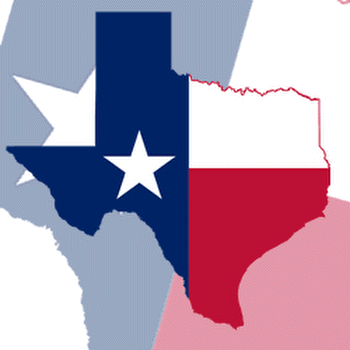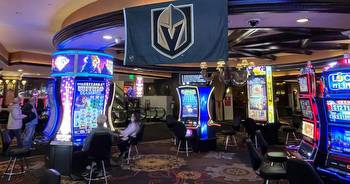Give Texans the chance to vote on resort casinos

It has been almost 30 years since the once-controversial Texas lottery was approved by voters. The first scratch game — Lone Star Millions — was sold to Gov. Ann Richards on May 29, 1992, By the end of that day, 23.2 million tickets — a record at the time — had been sold.
Lotto Texas sales began on Nov. 7, 1992, and Texans flocked to buy their chance at winning millions of dollars.
Many people and organizations opposed the lottery, saying it would harm Texans with even mild gambling addictions. Others were opposed to gambling on moral grounds. But a majority of the voters who went to the polls approved the constitutional amendment allowing the lottery.
Later, some Texans were upset to learn that the money generated by the lottery went to the state’s general fund and not to public education as many believed it would. But the enabling legislation did not specify that destination.
Still, slightly more than 25% of lottery revenue now goes to the Foundation School Fund to support public education. Another 65 percent is paid out in prizes, 5% goes to commissions for retailers selling winning tickets and the rest is used to cover administrative costs.
Fast forward to this year, and Texas may be facing another vote on gambling. A joint resolution in the Texas House and Texas Senate would call for a November vote of the public on whether to allow up to four “resort casino” destinations in Texas — potentially to be located in Houston, Dallas-Fort Worth, San Antonio and Austin. Lawmakers would need to pass the necessary constitutional amendment by a two-thirds vote in both houses of the Legislature and then submit the change in the state Constitution for approval by a simple majority of voters.
We hope the Legislature does approve the proposed amendment. It is a matter of simple economics.
People who want to gamble are going to gamble. Right now, though, they have to leave Texas to do so legally. Many Brazos Valley residents routinely drive to Louisiana to gamble at Lake Charles or Shreveport. It is not uncommon for buses to take Texans out of state to gamble.
Currently, Texans spend some $2.5 billion gambling at casinos in other states. Most of that money would stay in Texas if gamblers could visit in-state casinos.
Perhaps the enabling resolution should be amended to add El Paso and, perhaps, Corpus Christi or some other South Texas location as potential casino locations.
The joint resolution has been submitted to the House and Senate state affairs committees, where they are awaiting approval.
In addition to the four resort casinos, the potential constitutional amendment would authorize “limited casino gambling” at horse-race tracks in Houston, San Antonio and Fort Worth and at greyhound tracks in Corpus Christi and Harlingen.
Further, gambling on sporting events would be allowed, including at off-site locations.
And, the state’s three federally recognized Native American tribes would be authorized to host casinos.
If the casino amendment is passed, the state would collect a 10% tax on table games and 25% on slot machines. A Texas Gaming Commission would be established to regulate the casinos and collect the taxes.
The proposed casinos in Dallas-Fort Worth and Houston would require an investment of at least $2 billion by operators for land and construction, while the possible casinos in San Antonio and Austin would require a minimum of $1 billion investment.
The push for a gambling amendment is being made by Las Vegas Sands — founded by the later Sheldon Adelson, a major contributor to Republican causes and candidates — which is spending millions of dollars to hire lobbyists and pay for advertising. The state’s major professional sports teams also are supporting the proposed amendment.
Of course, there are Texans who shouldn’t gamble, but those who have gambling addictions most likely already travel out of state to spend their money.
We also understand that some Texans simply oppose gambling, but it should be up to the voters of Texas whether to approve resort casinos, which could add billions of dollars to the state’s public schools.











